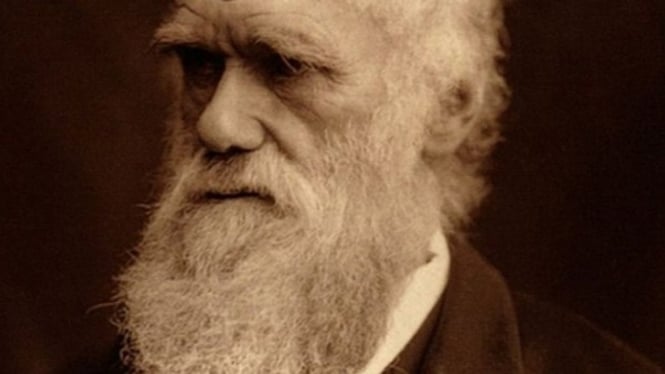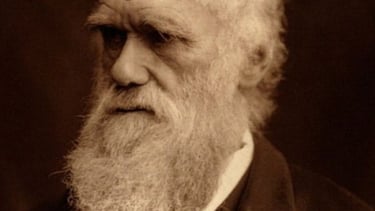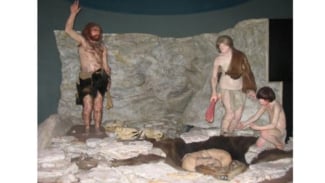Get to Know Charles Darwin, Famous for Natural Selection Theory
- U-Report
VIVA – Charles Darwin, in full Charles Robert Darwin, was born February 12, 1809, in Shrewsbury, England. His father was a doctor, and had high hopes that his son would get a medical degree from the University of Edinburgh, Scotland, where he enrolled at the age of sixteen.
But it turned out that he was more interested in natural history than medicine. In fact, he couldn't even see blood. Charles Darwin continued his studies in theology at Cambridge with a focus on natural history.
He initially shocked religious Victorian society by claiming that animals and humans shared a common ancestor. However, his nonreligious biology caught the attention of upper-class professional scientists, and by the time of his death, the evolutionary image had spread throughout science, literature, and politics.
In 1831, Charles Darwin embarked on a voyage on the British Royal Navy ship, HMS Beagle, employed as a naturalist, according to the National Geographic website, Tuesday, December 27, 2022.
Charles Darwin
- bennyshukaku.blogspot.com
The main purpose of the trip was to survey the coastline of South America and map its harbors to create a better map of the region.
He spent most of his trip on land collecting samples of plants, animals, rocks, and fossils, exploring areas in Brazil, Argentina, Chile, and remote islands such as the Galapagos. Darwin packed all his specimens into crates and sent them back to England on another ship.
After his return to England in 1836, his work continues. The study of his samples and travel notes led to groundbreaking scientific discoveries.
The fossils he collected were shared with paleontologists and geologists, leading to advances in the understanding of the processes that shaped the Earth's surface. Charles Darwin's analysis of the plants and animals collected led him to question how species formed and changed over time.
This work convinced him of the insight for which he is most famous: natural selection. The theory of natural selection says that individuals of a species are more likely to survive in their environment and pass on their genes to the next generation when they inherit traits from their parents that are best suited to a particular environment.
In this way, traits become more widespread within the species and can eventually lead to the development of new species. In 1859, Charles Darwin published his thoughts on evolution and natural selection in 'On the Origin of Species'.
The book convinced many people that species change over time, suggesting that the planet is much older than believed at the time, six thousand years.
Charles Darwin had a history of heart disease and he had a seizure in March 1882. One month after the incident, he died on April 19, 1882, and was laid to rest in Westminster Abbey, near scientists John Herschel and Isaac Newton.





























